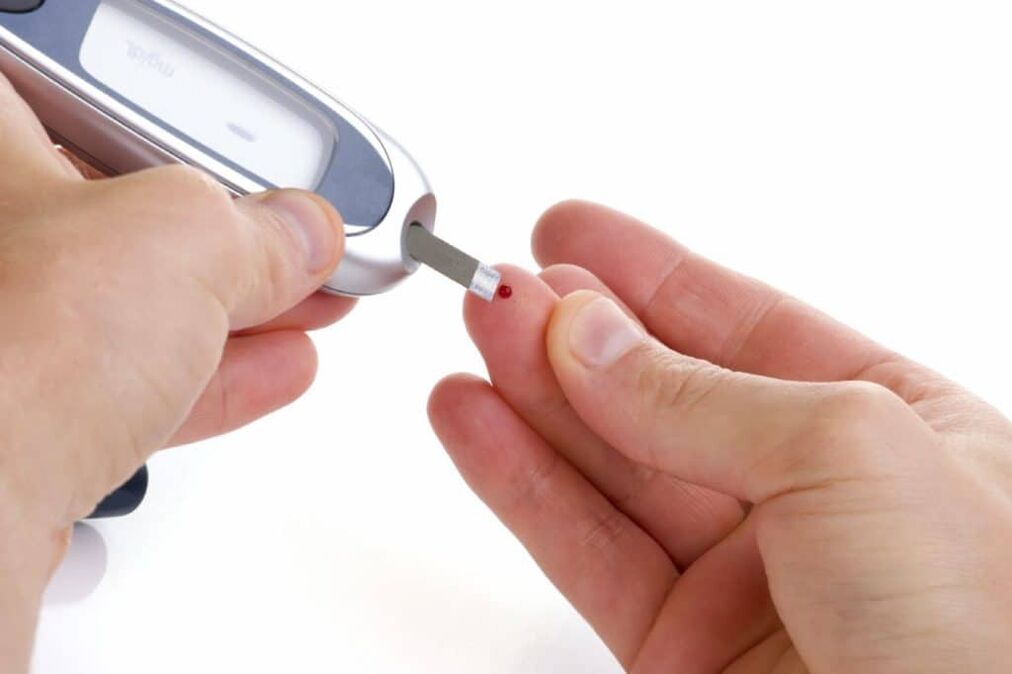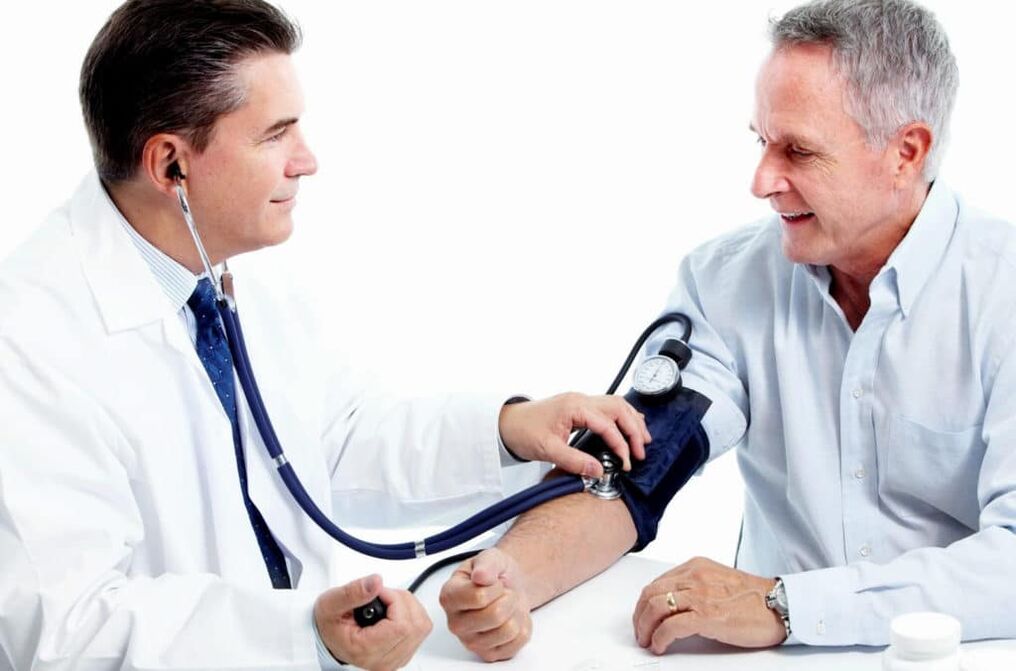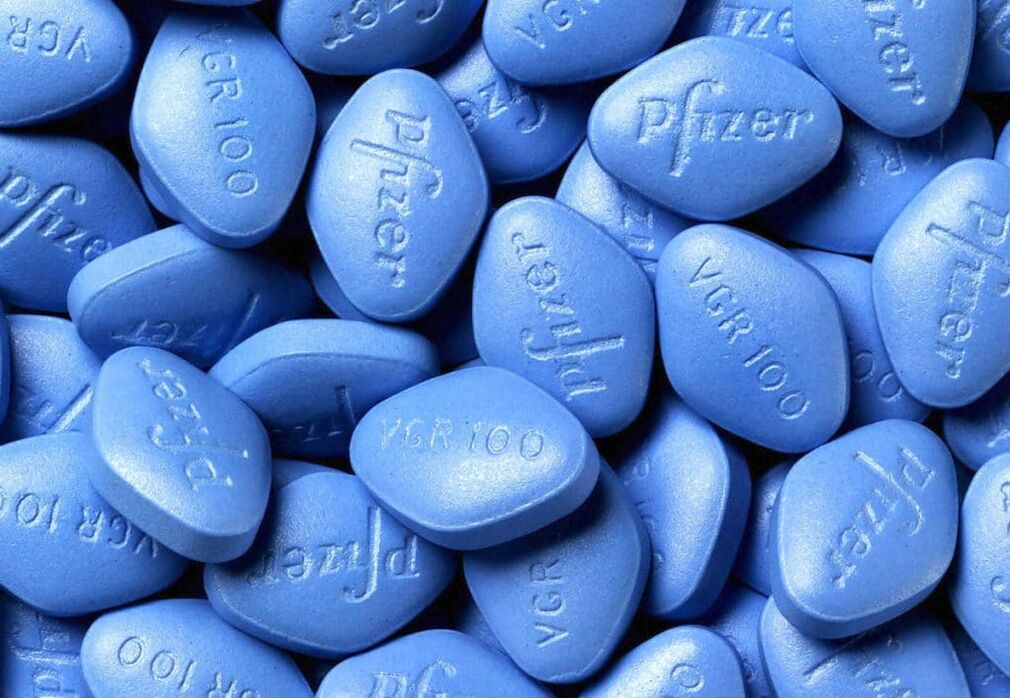Causes of impotence in adulthood

- genitourinary diseases;
- lack of physical activity;
- Hyperosmolar disease;
- diabetes;
- Thyroid disease;
- Cerebrovascular disease;
- obesity.
Among the causes of early impotence, prostate disease ranks first. Congestive prostatitis is the most common cause of erectile dysfunction.

signs of impotence
- Erection weakens or disappears completely;
- Erection gradually disappears during sexual intercourse and cannot be completed;
- Inability to initiate sexual intercourse due to insufficient penis enlargement;
- Sexual desire for the opposite sex decreases or disappears completely.
How to deal with problems?

potency medicine
- Phosphodiesterase inhibitors (fast-acting drugs);
- Selective α2-blocker.
- dietary supplements and homeopathic remedies;
- Hormone drugs.

- Peruvian Maca;
- Lovelace Ford;
- The Emperor's Secret;
- Golden horse.
folk remedies
You can often find recommendations for using St. John's Wort. In fact, this plant is poisonous and long-term use can lead to poisoning. St. John's wort has anti-inflammatory properties, but the impact of its effectiveness remains questionable. This therapy can be used to treat prostatitis and other genitourinary diseases, but the course of treatment is limited. In order to directly treat impotence, it is better to give priority to other means.
How to stay active into old age
- less nervous;
- Get rid of bad habits;
- exercise regularly;
- Take frequent walks where the air is fresh;
- Have sex regularly;
- Healthy Food;
- Treat all illnesses promptly.




















